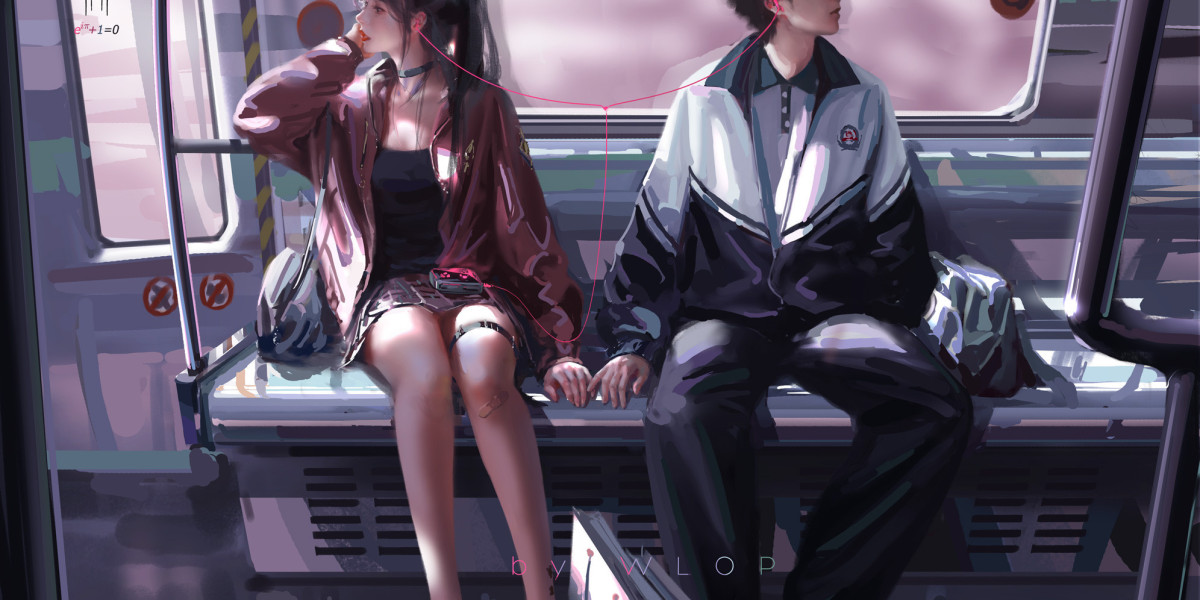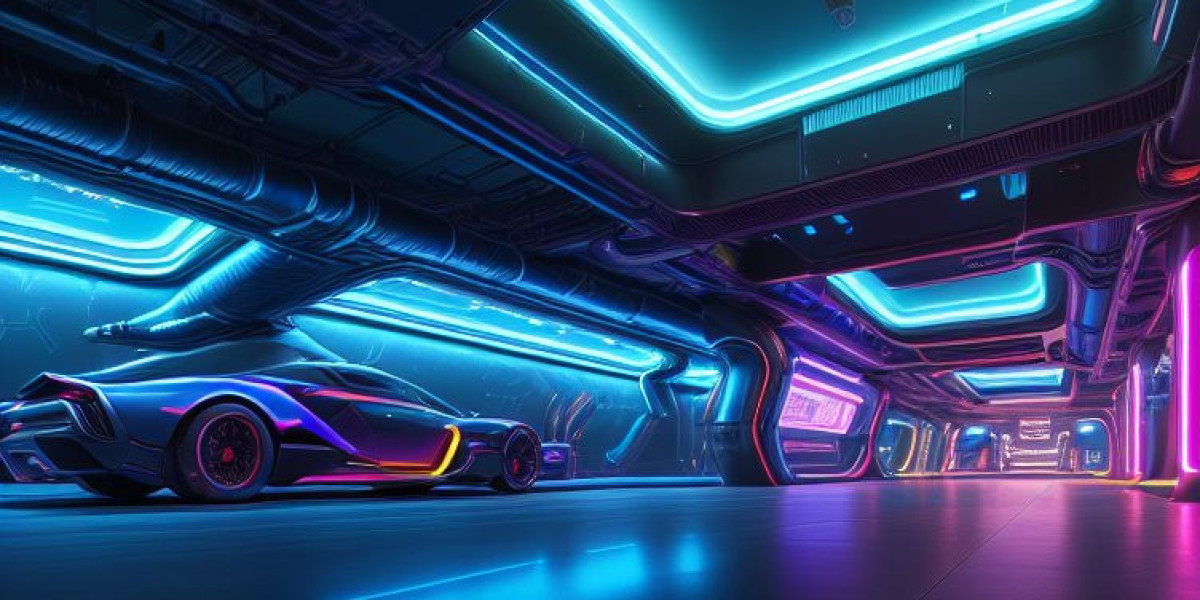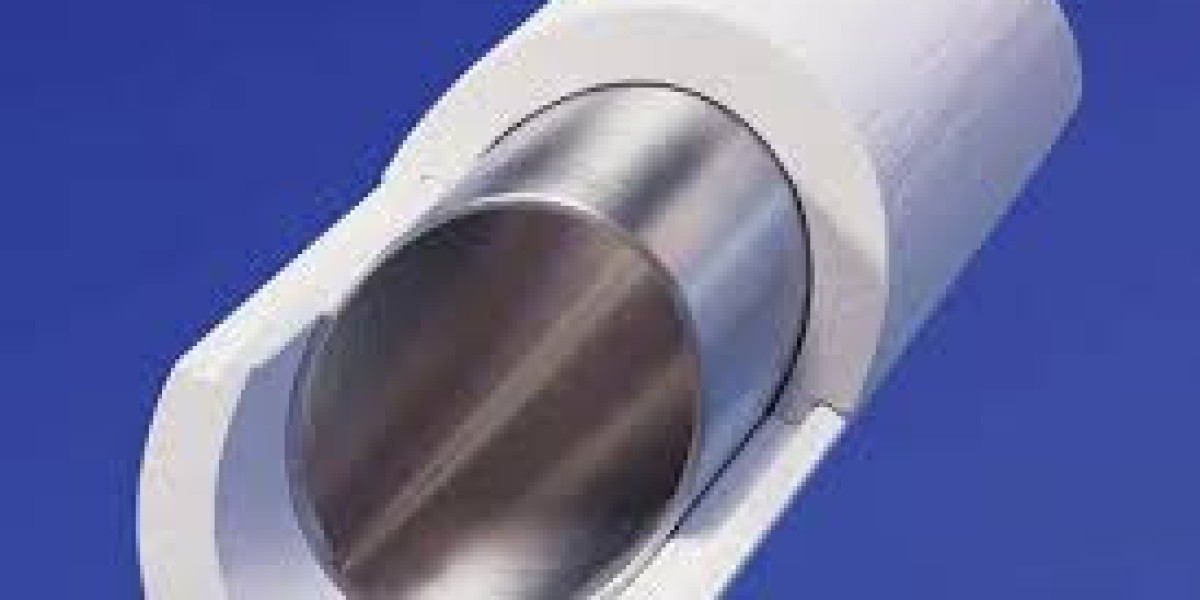Unleash the Thrill: Discover the Ultimate Guide to RC Monster Trucks!
For many hobbyists and enthusiasts, RC monster trucks represent the pinnacle of remote-controlled vehicle fun. With their massive tires, powerful motors, and rugged designs, these trucks are not just toys; they are engineering marvels that provide countless hours of excitement. Whether you're tearing through dirt tracks, performing gravity-defying jumps, or simply cruising around your backyard, RC monster trucks can deliver an exhilarating experience that appeals to all ages. This comprehensive guide aims to delve deep into the features, specifications, and various types of RC monster trucks available in the market, helping you understand what makes these vehicles so captivating and how to choose the right one for your adventures.

Understanding RC Monster Trucks
RC monster trucks are remote-controlled vehicles that mimic the style and performance of full-sized monster trucks. Originating in the late 1970s and gaining popularity in the 80s and 90s, these vehicles have evolved significantly over the decades. They are characterized by their large, oversized tires, lifted chassis, and intricate suspension systems that allow them to navigate rough terrains with ease. The basic components that make up an RC monster truck include the chassis, which serves as the frame; the motor, which can be electric or nitro-powered; and the tires, designed for optimal traction and durability. A well-built RC monster truck combines these elements to create a vehicle that can handle jumps, climbs, and turns while delivering an exciting driving experience.
Key Features of RC Monster Trucks
When considering RC monster trucks, several key features stand out. Size is a significant factor, with options ranging from small 1/18 scale models to massive 1/5 scale giants. Durability is also critical; a robust build can withstand crashes and rough terrains. Speed plays a crucial role as well, with many models capable of reaching impressive velocities. Suspension systems are essential in providing stability and shock absorption, allowing the truck to navigate uneven surfaces. Additionally, the choice between electric and nitro power sources can impact performance; while electric models are typically easier to maintain and quieter, nitro models offer greater speed and a more authentic engine sound. Control mechanisms, including radio frequency and newer digital options, also enhance the driving experience, allowing for precise maneuvering.
Types of RC Monster Trucks
The market is filled with various types of RC monster trucks, each catering to different preferences and skill levels. Ready-to-Run (RTR) models are popular among beginners, as they come pre-assembled and only require charging or fueling before use. Kit forms provide a more hands-on approach, allowing enthusiasts to assemble their trucks from the ground up, which can be incredibly rewarding. Custom builds offer the ultimate flexibility, enabling hobbyists to design a vehicle tailored to their specifications and needs. Each type has its pros and cons; RTR models are convenient, while kit and custom builds can provide a deeper connection to the vehicle and a better understanding of its mechanics. This variety allows users to select the type that best aligns with their interests and expertise.
Specifications to Consider
When purchasing an RC monster truck, understanding its specifications is crucial for ensuring a satisfying experience. Size scale is an important aspect, as it determines the truck's proportionate dimensions and suitability for various terrains. Battery life is another vital specification, particularly for electric models; a longer battery life allows for extended playtime. Motor power is equally important; higher wattage typically translates to better speed and performance. The weight of the truck can affect its handling; lighter models may be more agile, while heavier ones can provide better stability. By considering these specifications, potential buyers can make informed decisions that enhance their overall enjoyment of the hobby.
Getting Started with RC Monster Trucks
For beginners venturing into the world of RC monster trucks, choosing the right model can greatly influence the initial experience. Budget is often the first consideration; it’s important to find a balance between quality and affordability. Skill level should also be taken into account; new users may want to start with RTR models that are easier to handle, while more experienced hobbyists might be interested in kits or custom builds. Additionally, the intended use of the truck—whether for racing, off-roading, or casual fun—will guide the selection process. It’s beneficial to seek advice from friends or local hobby shops, as their experiences can provide valuable insights into what to look for in a first RC monster truck.
Final Thoughts on RC Monster Trucks
In conclusion, RC monster trucks offer an unrivaled thrill that captivates enthusiasts of all ages. By understanding the various features, types, and specifications, potential buyers can make informed decisions that lead to rewarding experiences. Whether you’re looking to race, explore off-road trails, or simply enjoy the camaraderie of the RC community, there’s a monster truck out there that’s perfect for you. So, gear up, unleash your adventurous spirit, and dive into the exciting world of RC monster trucks!








